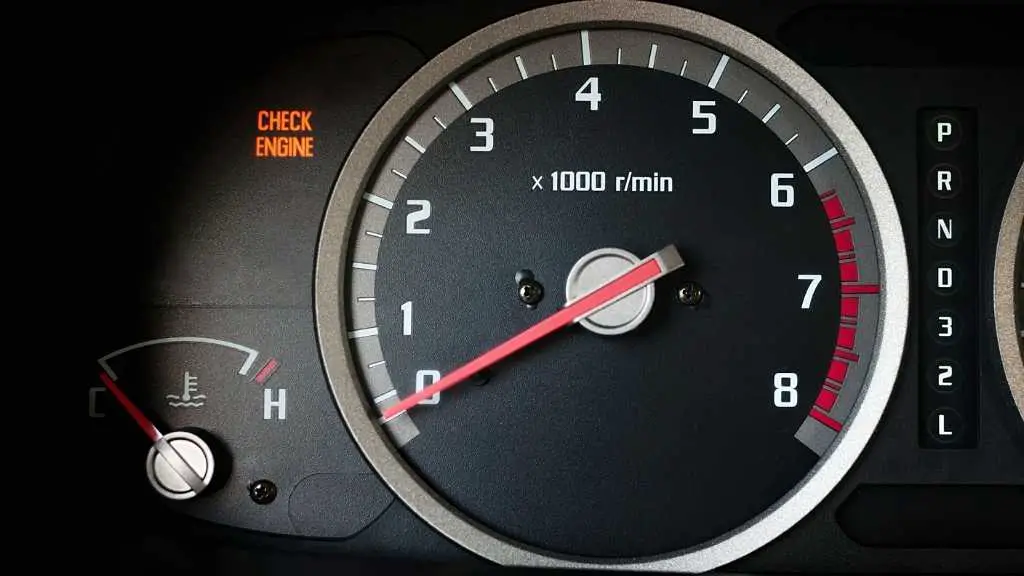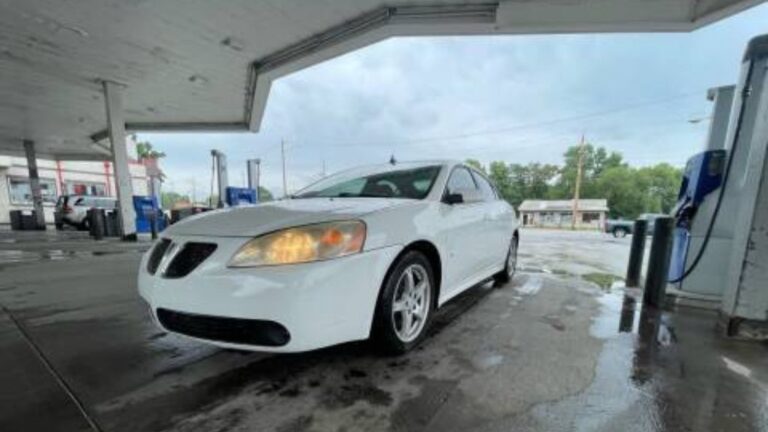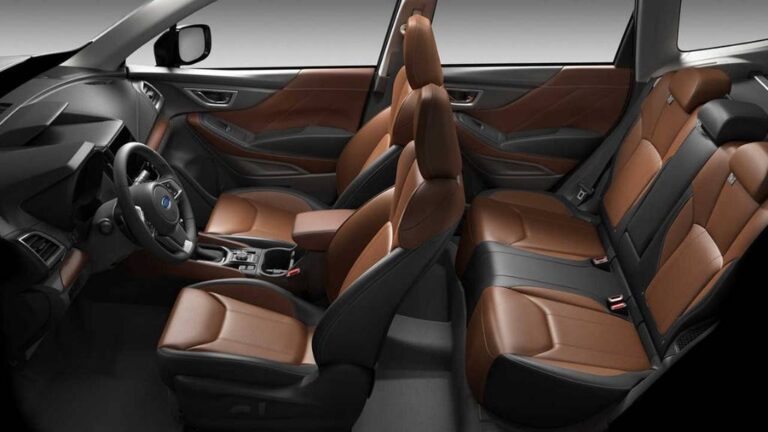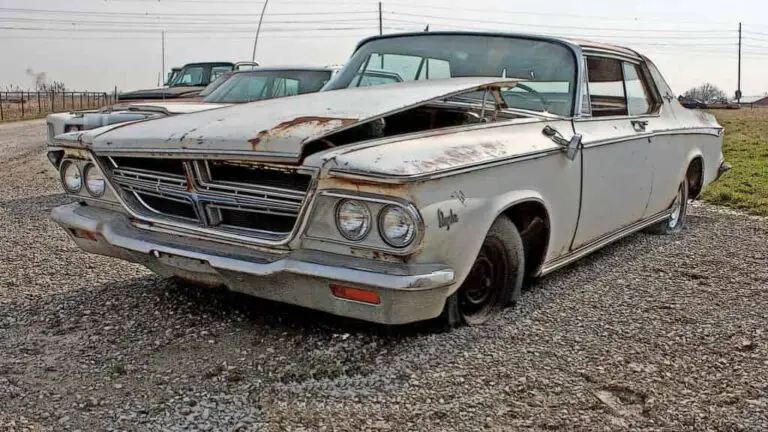Why Do Guys REV Their Cars: What Does It Mean – Next Wheeler
Revving their cars is an old habit many guys find hard to break. Engine rev is the sound that comes off when you accelerate the engine’s speed. This sound is quite common in the sporting field; many guys love to rev their cars. Now, you might be wondering, why do guys rev their cars?
Guys generally do it to ensure the engine is performing at its best. Many engines are built for high performance and will deliver poor performance if not rev. Also, revving up prevents stalling the engine at the drop of the green. Another reason is to get the girls’ attention and believe the guy is doing it to be “cool”. Although it is not a pleasing sound for many people.
Keep on reading to learn more about revving car engines.
What Does It Mean When Someone REV Their Cars?

An engine revive refers to accelerating your car’s engine, which produces a unique sound. The sound will be louder if you press the gas pedal more.
The prime purpose of revving is to boost oil circulation in the car. It is necessary for drag racing when the car requires a higher RPM level for oil to circulate properly. Generally, when our car remains idled, oil starvation is rampant.
During revving up, your car’s dashboard tachymeter will notify you about the RPM you are making.
Another area where revving is crucial is boosting a car’s battery. Revving will come in handy if your car battery has a charging issue.
Usually, a car engine takes time to start during winter. Revving will help your car move in the winter by assisting your engine reaches the right temperature. At the same time, heat will build up in the cabin, giving you comfort in the cold or snowy conditions.
Why Do Guys REV Their Cars?
From the internal combustion engine’s inception, guys just loved reviving their cars. I think revving up cars is connected to their psychology. The sound gives guys a happy feeling. In fact, good revving puts a smile on their face.
The reality is, it is true. Revving makes guys satisfied and happy when they do so. Other people will be able to know who is the loudest and more powerful out there.
However, the sound is not pleasant for everybody, to be honest.
So, before revving your car, you must ensure that no people surround you. Moreover, it would be best not to rev your car early in the morning. But sometimes it is not possible. Therefore, you need to try your best not to disturb others.
Why Do People REV Their Cars Before Turning It Off?
Some people rev their cars before turning them off to remove anything blocking the crankcase and blowing it out through the tailpipe.
Another reason is the carburetor float chamber will fill up due to the engine revving up. As a result, ignition will be quicker the following morning during cold conditions. However, this method is incredibly beneficial for old-school engines and doesn’t require to be followed for fuel-injected engines.
In addition, revving cars before turning them off accelerates wear on different running parts of the engine, especially the crankshaft and the piston. This practice is beneficial for turbochargers.
You May Also Like: Why are German Cars Unreliable? Next Wheeler Found the Truth
Is Revving a Car Bad?
Whether or not revving is bad for a car depends on a few factors.
Some car engines are designed to be revved. No matter how much revved you do to these engines, no damage will happen.
On the other hand, some engines don’t love rev at all. They love to work at low RPM, which is considered safe and secure. If you force these engines to reach a high RPM level, you risk engine damage. Frequent revving will permanently damage these engines, and you must say “goodbye” to it.
Now one question might have popped up in your mind, is there any rev limit?
The straightforward answer is YES. For average engines like V8 engines, the rev limit is 6,500 RPM. Going beyond this rev limit will damage your car engine severely.
Meanwhile, engines like BMW or Honda engines love revving, and the limit is 8,000 RPM. You must not surpass this ROM level. Otherwise, you are increasing the chance of engine damage.
In the end, frequent or non-stop revving should completely be prohibited. How much power your engine is or how much HP it makes, constant revving will damage your engine for sure.
Does Revving Warm Engine?
Revving can warm your car engine, but it is bad for your engine. Frequent or constant revving can damage your car engine’s different parts like bearings, valves, pistons, etc.
In fact, revving warms your car engine is a common misconception at all. The reality is vice-versa. Your car will consume more gas in the process.
It would be best to turn the engine on and let it warm naturally. This will extend your car engine life.
What Happens When You Rev a Car Too Much?
As I already stated, too much revving will definitely damage your car engine. Let’s see what damage can happen you’re your engine.
Engine Block Damage
When you rev too much, possible scarring will appear in the cylinder walls. Heat-related complications will also arise, which could crack or damage the block. We suggest you not rev your car engine when it is cold.
Failure of Engine
Your car engine may fail dramatically when you rev it suddenly. There must be oil between the crankshaft and the bearing. During a sudden rev up, the bearing may spin without proper oil presence and cause engine failure. Don’t take a chance to rev your car engine in the cold because engine failure is an expensive fix.
Turbo Damage
Rev can damage your turbocharger turbine as well. Without oil, the turbo will not perform efficiently. The oil is thick during engine starts, and it takes time to thin and lubricate the turbo. If the rev happens suddenly, it might be bad for your turbo and cause it to fail.
Last Words
We learned a lot about revving engines and why do some guys rev their cars. Revving is simply a lot of fun, and technically frequent revving is bad for cars.
You must not rev the engine if it is not built to be revved, as such work will damage your car’s engine and related parts. At the same time. Avoid revving cars in cold or snowy conditions. I suggest you rev the engine when it is hot. Otherwise, you will end up with many engine-related complications, which can ruin your day and cost you a lot of bucks.


![Is Pontiac G6 a Reliable Car? Explanation of 2005-10 Models [Updated 2024]](https://nextwheeler.com/wp-content/uploads/2022/11/Is-Pontiac-G6-a-reliable-car-768x432.jpeg)




